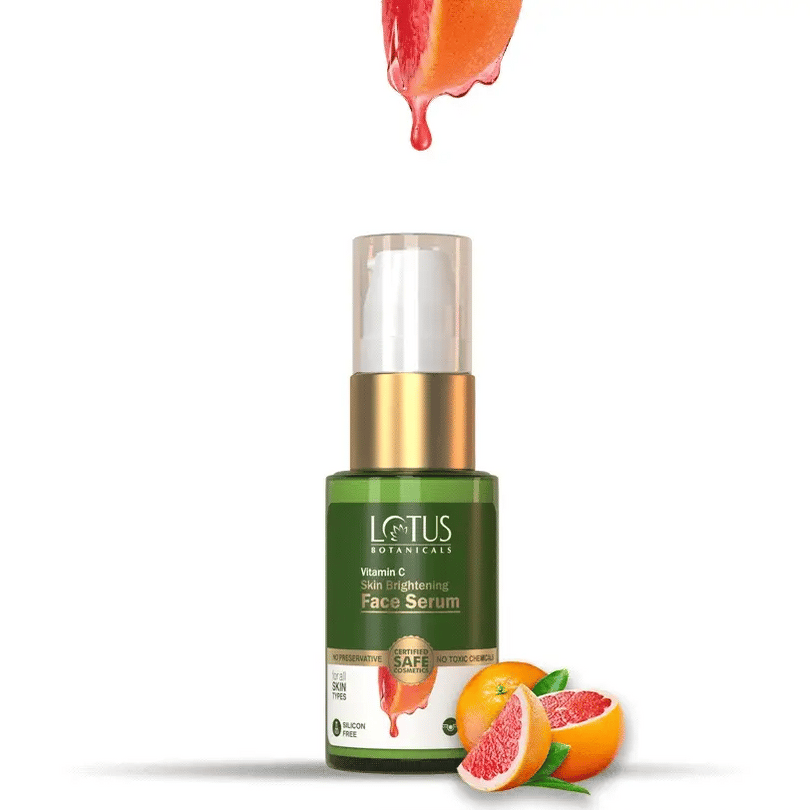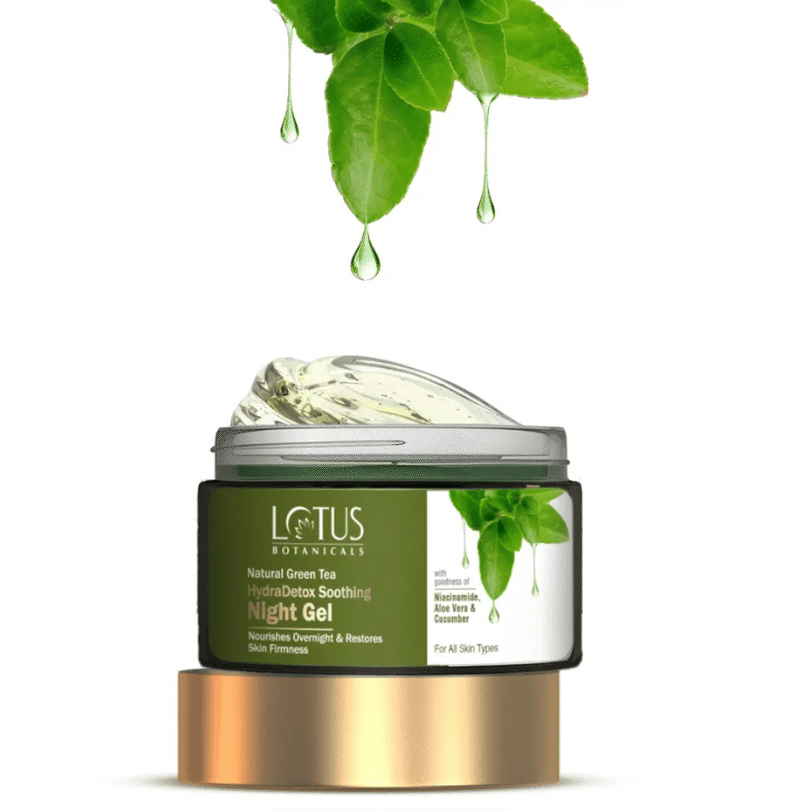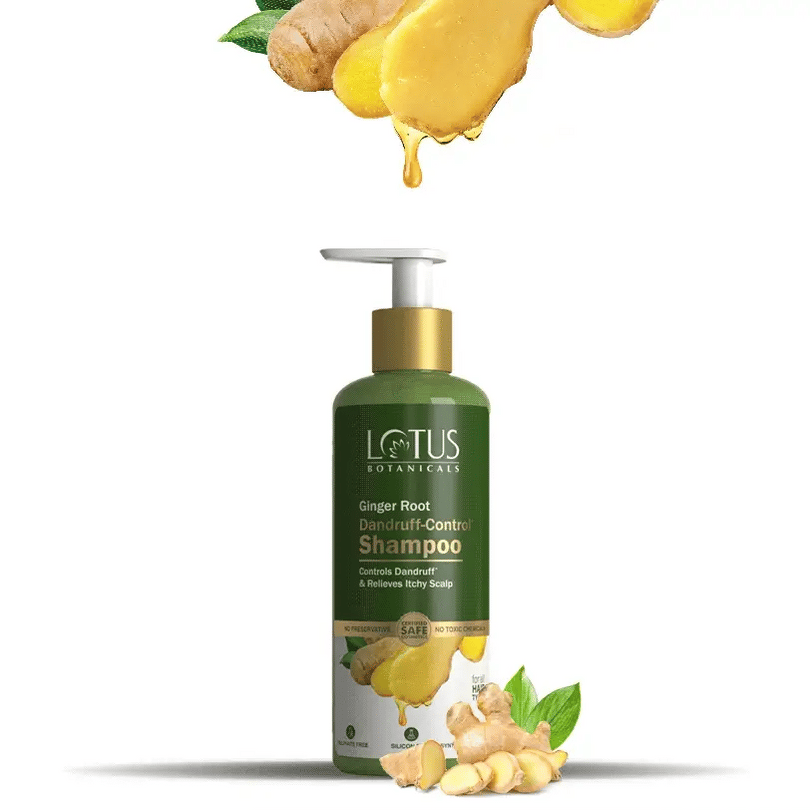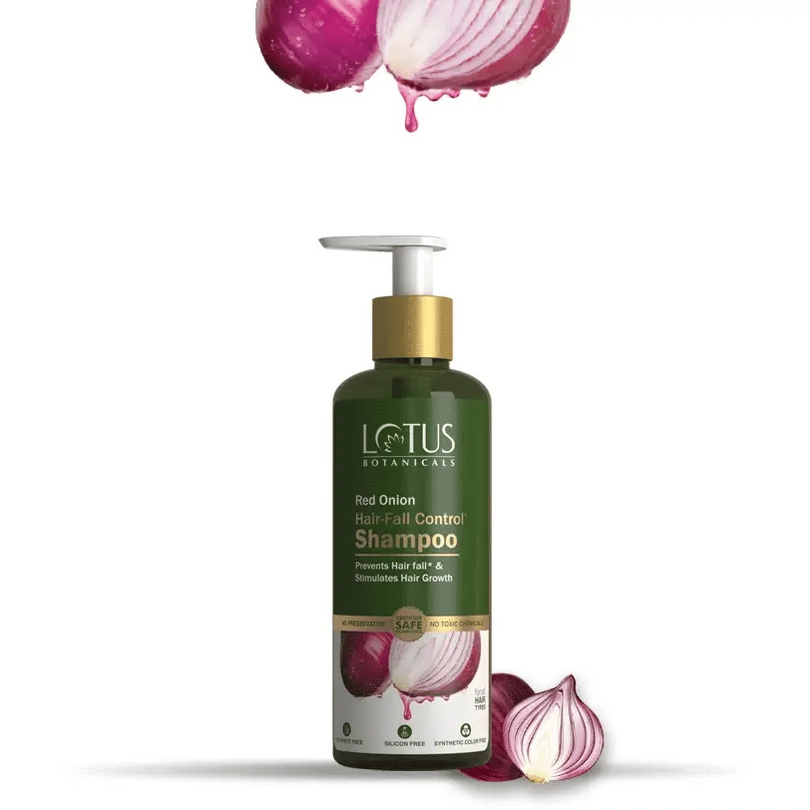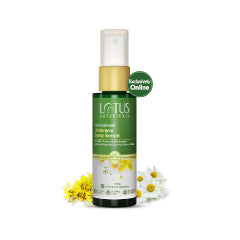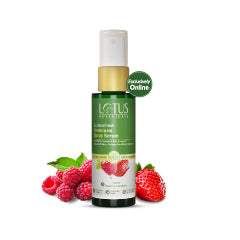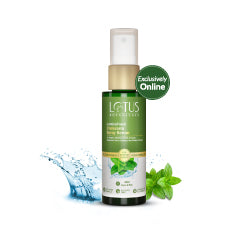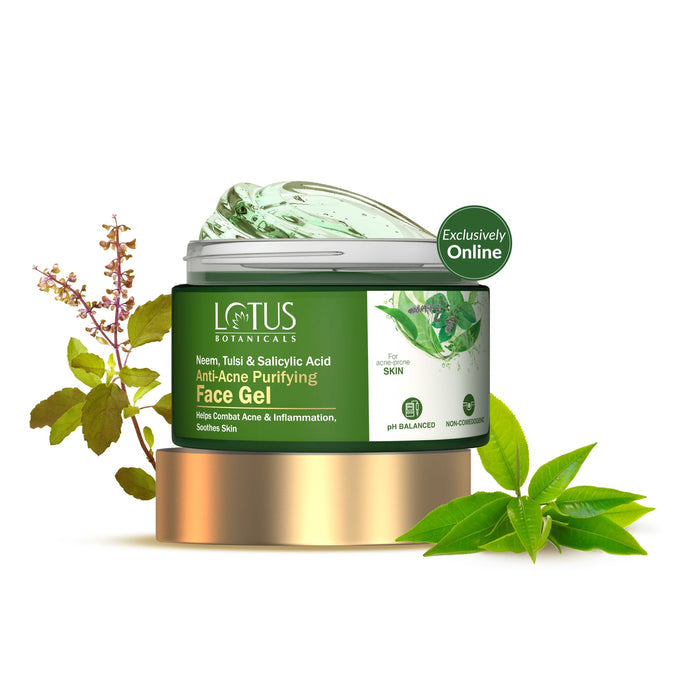
Highlights
-
Understanding Vitamin C
-
Benefits of Vitamin C Sunscreen
-
What SPF Should You Use for Vitamin C Sunscreen?
-
Final Thoughts
-
FAQs
It’s easy to forget about sunscreen in the chaos of everyday life. But it is one part of our skincare that we should never skip. Sunscreen protects our skin from UV rays, preventing premature aging and reducing the risk of skin damage. However, what if sunscreen could do more than just protect? This is where Vitamin C infused sunscreens come into play.
But what exactly is Vitamin C, and why is it creating such a buzz in the world of skincare? Vitamin C, scientifically known as ascorbic acid, is a powerful antioxidant renowned for its ability to brighten skin, even out tone, and promote collagen production. When integrated into sunscreen, it offers a dual-action approach: safeguarding against UV damage while simultaneously enhancing your skin's natural radiance.
This article will explore what vitamin C infused sunscreens can do for your skincare routine and how they can help you achieve healthy radiant skin like never before.
Understanding Vitamin C
Vitamin C is a blessing for your skin. It's a powerful nutrient that helps keep your skin healthy and glowing. It helps protect your skin from damage and keeps it looking bright and beautiful.
You might know Vitamin C as something you find in oranges and other fruits, but did you know it's also amazing for your skin? When you apply Vitamin C to your skin, it works its magic by boosting collagen production. Collagen is like the building blocks of your skin, it keeps it firm and smooth.
But that's not all, Vitamin C also helps to fight off free radicals. These sneaky little things can damage your skin, especially when you're out in the sun. Vitamin C swoops in and neutralizes them, keeping your skin safe and healthy.
Vitamin C is even more effective when you wear it with SPF, like in a Vitamin C sunscreen. SPF protects your skin from the sun's harmful rays, while Vitamin C fights off free radicals and boosts your skin's natural defenses.
Now, let's discuss some of the potential benefits of Vitamin C sunscreen.
Benefits of Vitamin C Sunscreen
Sunscreen with Vitamin C provides a variety of skincare advantages that merge the protective properties of sunscreen and the skin care features of vitamin C. below are some major benefits:
1. Boosts Collagen Production
Vitamin C plays a crucial role in the production of collagen, a protein that helps in the growth of cells and blood vessels and gives skin its firmness and strength.
Collagen production is key in combating the aging process of the skin. As we age, our bodies produce less collagen, leading to wrinkles and other signs of aging. By boosting collagen production, Vitamin C helps to reduce the appearance of wrinkles, improve skin texture, and provide a youthful glow to your skin.
Therefore, incorporating Vitamin C in your sunscreen can contribute to healthier, younger-looking skin.
2. Reduces Appearance of Dark Spots
Dark spots, also known as hyperpigmentation, are areas of the skin that appear darker than the surrounding skin due to excess melanin, the pigment that gives our skin its color.
They can be caused by various factors such as sun exposure, hormonal changes, or aging. Vitamin C is known for its potent antioxidant properties and its role in collagen synthesis.
When used in sunscreen, it can help reduce the appearance of dark spots. It does this by inhibiting the enzyme tyrosinase, which prevents melanin production, thereby reducing dark spots. Over time, this leads to a more even and radiant skin tone.
3. Protects Against Sun Damage
Sun damage is primarily caused by the sun’s ultraviolet (UV) rays, which can lead to skin aging, discoloration and even skin cancer.
Vitamin C plays a significant function in shielding the skin from this harm. When it is put on topically via sunscreens, vitamin C acts to calm down these harmful molecules that are produced by UV rays also called free radicals. These free radicals can tamper with cells as well as contribute to aging or disease formation. In effect, Vitamin C helps prevent them from damaging other cells and tissues.
On the other side, the presence of vitamin C in sunscreens offers an extra layer of protection against harmful effects of sunlight exposure.
4. Promotes Wound Healing
Wound healing is a complex process that involves the repair of skin tissue after injury. Vitamin C plays a crucial role in this process due to its involvement in collagen synthesis.
Collagen is a protein that provides structure and strength to the skin, and it’s essential for the wound healing process. When a wound occurs, the body needs to produce new skin cells and collagen to repair the damaged tissue. Vitamin C helps in this process, helping to accelerate wound healing.
Therefore, using a sunscreen with Vitamin C can not only protect your skin from sun damage but also promote faster healing of any existing skin damage.
5. Keeps Skin Hydrated
Hydration is important for maintaining healthy skin. Vitamin C, when included in sunscreen, contributes to skin hydration in a couple of ways.
Firstly, it aids in decreasing water loss from the skin, helping to retain moisture. Secondly, it has been shown to improve the skin’s ability to hold onto water, thereby increasing its hydration levels.
This is particularly beneficial in dry and arid climates where the skin tends to lose moisture quickly. By keeping the skin well-hydrated, Vitamin C helps to maintain its elasticity and resilience, leading to healthier and more vibrant-looking skin.
Therefore, Vitamin C sunscreen can be a great addition to your skin hydration.
6. Prevents Premature Aging
Aging is a natural process, but sometimes our skin can appear older than we actually are due to various factors like sun exposure, pollution, and stress.
Vitamin C in sunscreen can help combat this premature aging. Again, it boosts collagen production, which maintains the skin’s elasticity and reduces the appearance of wrinkles.
Additionally, Vitamin C neutralizes harmful free radicals that are largely responsible for aging skin. These free radicals are often a result of environmental stressors like UV rays.
Therefore, using sunscreen with Vitamin C can help keep your skin looking youthful and vibrant.
What SPF Should You Use for Vitamin C Sunscreen?
When using a Vitamin C sunscreen, it’s generally recommended to opt for a product with an SPF of at least 30. However, many products on the market, such as the Lotus Botanicals’ Vitamin C Skin Brightening MatteFLUID Sunscreen, offer an SPF of 50.
The SPF (Sun Protection Factor) number indicates how well the sunscreen protects against UVB rays, which are the primary cause of sunburn and skin damage. A higher SPF number provides greater UVB protection. For example, an SPF of 50 will block about 98% of UVB rays.
Vitamin C is a potent antioxidant that can neutralize free radicals in the skin. When combined with SPF, it can also help prevent signs of aging, such as fine lines and wrinkles, and can brighten the skin.
Now, let’s talk about the Lotus Botanicals’ Vitamin C Skin Brightening MatteFLUID Sunscreen. This product is a potent blend of Vitamin C and SPF 50. The high SPF provides robust protection against harmful UV rays, while Vitamin C helps to brighten the skin. This combination works together to prevent skin tanning, dark spots, pigmentation, and photoaging caused by UV rays.
So, if you’re looking for a sunscreen that offers both high SPF protection and the skin-brightening benefits of Vitamin C, this product could be a great choice.
Final Thoughts
Incorporating Vitamin C sunscreen into your skincare routine can truly enhance your natural glow. Not only does it shield your skin from harmful UV rays, but it also boosts collagen production and evens out your skin tone. As you search for the perfect product, consider Lotus Botanicals' Vitamin C Skin Brightening MatteFLUID Sunscreen. It's a fantastic addition to any skincare regimen, helping you achieve healthy, radiant skin effortlessly. So, don't hesitate to give it a try and enjoy the benefits it brings to your skin.
FAQs
Why should I choose a Vitamin C sunscreen over regular sunscreen?
Vitamin C sunscreen not only provides protection against harmful UV rays but also offers additional benefits like brightening the skin, reducing dark spots, and boosting collagen production for a radiant complexion.
Can I use Vitamin C sunscreen if I have sensitive skin?
Yes, many Vitamin C sunscreens are formulated to be gentle on sensitive skin. Look for products labeled as hypoallergenic and free from harsh chemicals to minimize the risk of irritation.
Does Vitamin C sunscreen work for all skin types?
Vitamin C sunscreen is suitable for most skin types, including oily, dry, combination, and sensitive skin. However, individuals with very oily skin may prefer lightweight, non-comedogenic formulations.
How often should I reapply Vitamin C sunscreen?
It's recommended to reapply Vitamin C sunscreen every two hours, especially if you're sweating or swimming. This ensures continuous protection against UV damage throughout the day.
Can I use Vitamin C sunscreen with other skincare products?
Yes, Vitamin C sunscreen can be incorporated into your existing skincare routine. Apply it after serums and before makeup for optimal protection and skincare benefits.
Will Vitamin C sunscreen leave a white cast on my skin?
Many modern Vitamin C sunscreens are formulated to be lightweight and absorb quickly into the skin, minimizing the risk of a white cast. Look for products specifically designed for seamless application on all skin tones.
Highlights
-
Understanding Vitamin C
-
Benefits of Vitamin C Sunscreen
-
What SPF Should You Use for Vitamin C Sunscreen?
-
Final Thoughts
-
FAQs







